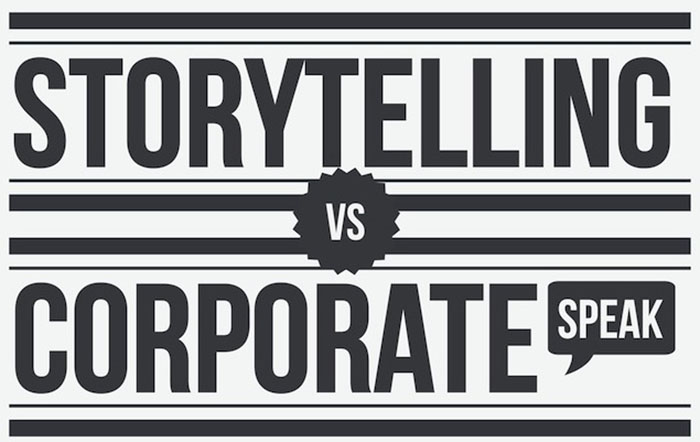I feel like context is often lacking in business interaction. Sometimes I feel like people get busy with projects (remember, busy and productive are entirely different concepts), run around, do their projects, go to meetings, end their day, and re-start again. They don’t often stop and think “What am I doing?” or “How could I do it better?” Rather, they think: “This is what everyone does, right?” That’s what you see stats about salespeople having no idea what they’re doing and managers having no idea either.
In sum, there isn’t a lot of room for legitimate preparation or reflection.
Now think about something like sports or parenting, where there is more opportunity for preparation and reflection (for parenting alone, there are entire sections of bookstores about this). How do you approach those things differently than you’d approach work?
Often if asked this question, people will speak to things like “preparation” — athletes prepare for games, but corporate raiders don’t often prepare for their day properly (they run from meeting to meeting to call to call) and athletes sketch out strategy of the opposition and how to exploit it, whereas corporate raiders talk about data and analytics but don’t really know what it means.
But think about this a different way: outcomes.
Often in a business process, you get the outcomes at the end — market research, customer data, Yelp reviews, whatever your business vertical is, etc.
But what if management started the process by talking about the outcomes?
I can tell my kids I want them to be honest, hardworking and well-behaved. But they — like your employees — can always ask: “What the heck does that mean?”
Instead, I can tell them: “I want your teachers to say you’re honest, sports coaches to say you’re hardworking, and grandparents to say you’re well-behaved. Not just think or feel it but actually sayit.”
By flipping things around and being specific about the outcomes I expect from the various people they’ll encounter during their day, I’ve done a few things.
What have you done here? You’ve shifted accountability — your responsibility isn’t over when you hit a check box, it’s over when you deliver the stated outcome — and you’ve made it specific — now the people on your team are thinking about the audience and the outcome, instead of the minutiae of the process (the spreadsheets, the line-editing, the meetings). You’ve basically made a more accountable bigger picture view available. That’s a good thing, right?
The guy who wrote the article above, Joe Panepinto of Jack Morton Worldwide, worked with a retail banking client and this happened:
Its leaders wanted their brand to be known for three things: ingenuity, simplicity, and humanity. So, instead of doing the usual — exhorting their employees to be ingenious, be simple, and be human — we translated those three things into what they should strive to get others to say about them (and, by association, the brand).
This is a big thing: leaders often phrase their vision for their organization or their team in big, sweeping terms — terms that can be very amorphous — and those terms (because they’re big and sweeping) don’t look like anything. Humans are visual and experiential creatures. They need to know what something would look like, tangibly, to get it done right. So rather than just saying “I want our company to be genuine,” you can block out “This is what genuine would look like.” That helps employees — and if you let them block it out, that helps them feel more invested.
These are all good things, but it’s often hard for managers to realize this because their day-to-day responsibilities, clients and meetings can seem all-encompassing.
Final thought: branding is really about storytelling in the modern age (more here), and storytellers rarely begin their process without thinking about the outcomes — how the characters will evolve, who will interact with who, and what he/she wants the reader to feel.
So why should marketers?


